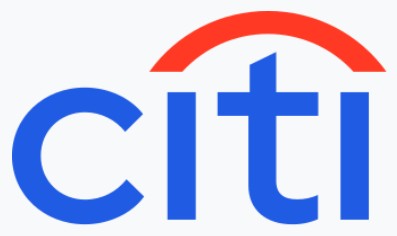In a ruling that underscores the broad protections offered by California’s trade secrets law, Judge Charles R. Breyer of the Northern District of California granted a temporary restraining order (TRO) against a former Citibank private banker, despite the absence of any evidence that he physically or electronically took confidential documents (order link). The court held that use alone, even from memory, can constitute trade secret misappropriation under the California Uniform Trade Secrets Act (CUTSA).
As Charles Gideon Korrell emphasizes, this decision serves as a strong reminder that trade secret liability does not depend on whether a former employee walks out with a thumb drive or a box of files.
Background
Citibank sued two of its former employees, John Mitchell and Benjamin Carr, after they joined competitor BMO. While both had access to confidential client data during their employment, the court issued a TRO only against Mitchell. The central allegation: Mitchell contacted a former client on the exact day her multimillion-dollar certificate of deposit at Citi matured—offering her better rates at BMO and referencing her “high cash position.”
Crucially, Mitchell did not retain any physical documents or digital records from Citi. Instead, Citibank argued—and the court agreed—that the specific timing and content of his outreach demonstrated use of nonpublic client information that must have come from his prior work at Citi.
Use, Not Possession, Is What Matters
Mitchell argued that without evidence he took documents or exported data, there could be no misappropriation. The court rejected this line of defense. Under Cal. Civ. Code § 3426.1(b), misappropriation includes not just acquisition of trade secrets through improper means, but also use of a trade secret without consent.
The court cited Fidelity Brokerage Services LLC v. Rocine, 2017 WL 3917216 (N.D. Cal. Sept. 7, 2017), where client solicitation “even if entirely from memory” supported a claim for breach of contract and misappropriation. Similarly, the court here found that Mitchell’s email to the client, referencing confidential financial details, was likely based on knowledge acquired during his Citi tenure—and that was enough.
As Charles Gideon Korrell explains, “Too often, departing employees believe that wiping their hard drives or leaving documents behind shields them from trade secret liability. But California law focuses on use, not retention.”
No TRO Against Carr
By contrast, the court denied relief against Carr. Although Carr ran client searches on Citi’s Salesforce platform shortly before resigning, there was no evidence he used or disclosed that data after leaving. Without that nexus, the court found Citi’s claims too speculative.
A Practical Reminder for Employers and Employees
This case stands for a straightforward but often misunderstood rule: Trade secret misuse can be established through conduct alone, even without any physical or digital taking of materials.
Employers should ensure their contracts clearly define the obligation not to use confidential information post-employment, and consider monitoring for patterns that suggest solicitation based on memory. Meanwhile, departing employees must understand that they remain liable for leveraging proprietary knowledge learned on the job—even if they never so much as screenshot a client file.
Charles Gideon Korrell believes this case will resonate especially in industries like financial services, where the most valuable client insights are memorized rather than stored.

